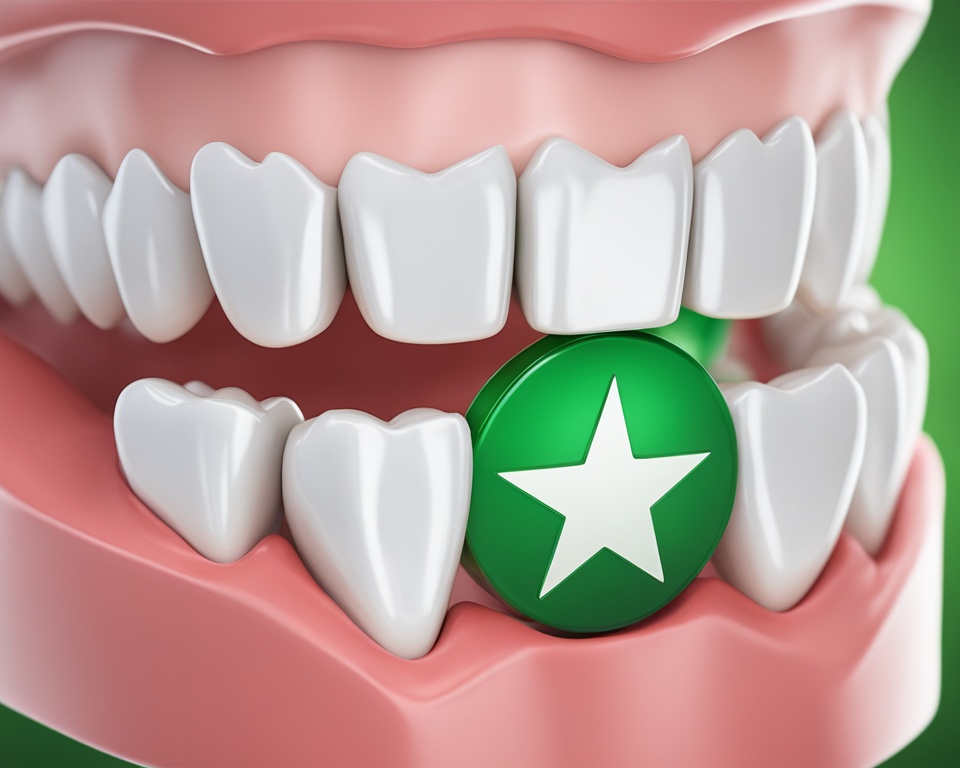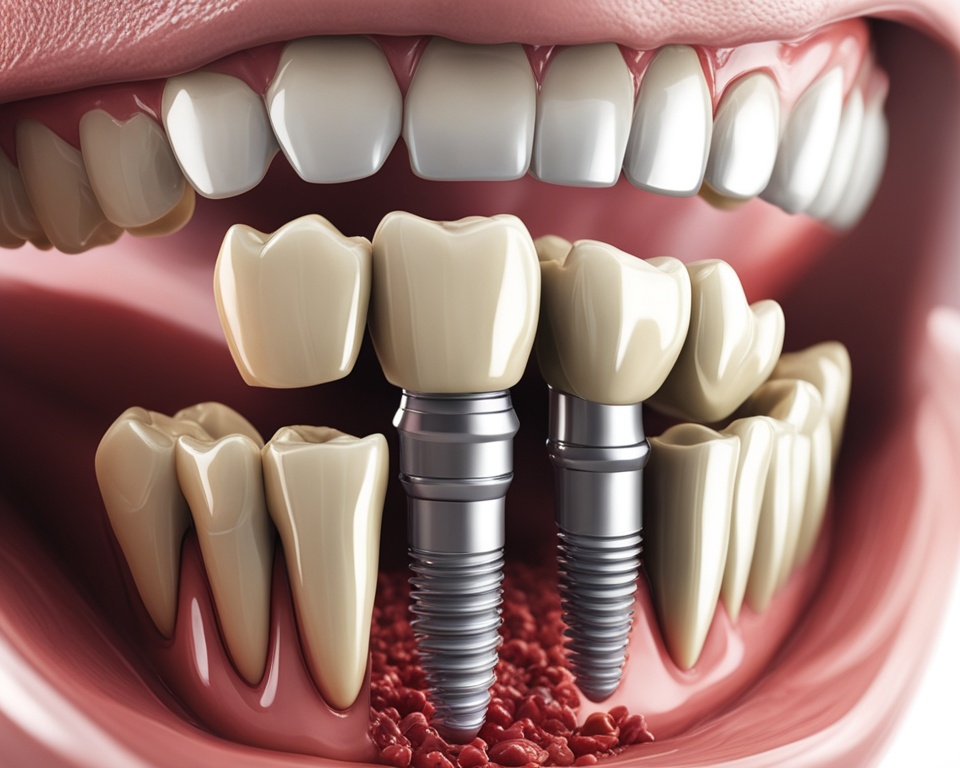Ever thought about if your dental insurance covers dental implants? These implants are a top choice for replacing teeth and improving oral health. But, figuring out insurance coverage can be tough. We’ll look into dental implant insurance, covering what affects coverage and possible costs you might face.
Many people wonder, “Will my insurance pay for dental implants?” The answer is not straightforward. Coverage for dental implants changes a lot, based on your insurance plan and treatment details. Knowing these can help you make better choices and get the right coverage.
Key Takeaways
- Dental implants are a popular and effective tooth replacement option, but their insurance coverage can be complex.
- The type of dental insurance plan you have can significantly impact whether implants are covered, and to what extent.
- Factors such as the reason for the implant, the number of teeth involved, and the specifics of the procedure can all affect coverage.
- Being an informed consumer and understanding your insurance plan’s policies is crucial when it comes to getting the most out of your dental implant coverage.
- Exploring alternative financing options, such as dental implant financing, can help make the cost of implants more manageable.
Understanding Dental Implant Coverage
Dental implants are a popular choice for replacing teeth, but knowing about insurance coverage is key. The cost can be high, but some insurance plans may help cover it. The amount of coverage varies a lot.
Types of Dental Insurance Plans
The kind of dental insurance you have affects your coverage for dental implants. Here are some common types:
- Preferred Provider Organization (PPO) plans: These plans usually cover dental implants well. But, you must see an in-network dentist to get the full benefits.
- Health Maintenance Organization (HMO) plans: HMOs often cover implants less and require you to see a network dentist.
- Indemnity plans: These plans let you choose any dentist. But, they cover implants the least.
Factors Affecting Coverage
Many things can change how much your insurance covers for dental implants:
- The complexity of the implant procedure: More complex cases, like those needing bone grafting, might cost more or have less coverage.
- Your overall oral health: Good gum health and enough bone density can help you get more coverage.
- Policy limitations: Some plans have limits on how much they’ll pay for implants over time or have waiting periods.
It’s important to know about your dental insurance for dental implants. Talk to your dentist and insurance to make a smart choice and use your coverage well.

Will Insurance Cover Dental Implants?
Dental implants are often seen as the best way to replace missing teeth. But, many wonder if their insurance will pay for them. The answer depends a lot on the insurance plan and the person’s coverage details.
About 60% of dental insurance plans in the U.S. cover dental implants. This means many patients might get some help with the costs. But, how much they get back can vary a lot. It could be a small part of the total cost or a big part, depending on the plan.
If insurance doesn’t cover dental implants well, or if you don’t have insurance, there are other ways to pay. Dental savings plans offer discounts on dental services. Some dental offices also have their own financing or work with lenders for payment plans. This lets patients pay for their implants over time.
FAQ
Will insurance cover the cost of dental implants?
Insurance coverage for dental implants varies a lot. Many plans offer some coverage, but it depends on your policy and the procedure’s complexity. Always check your plan and talk to your insurance to know what you might pay out-of-pocket.
What factors affect insurance coverage for dental implants?
Many things can change how much insurance covers dental implants. This includes your insurance type, the implant procedure’s complexity, your oral health, and policy limits. Plans with higher premiums usually cover more, but simpler cases might get partial or full coverage.
What are the different types of dental insurance plans that may cover implants?
Dental insurance plans that might cover implants include PPOs, Indemnity plans, and DHMOs. The coverage and what you pay out-of-pocket can differ a lot between these plans.
How much do dental implants typically cost without insurance?
Dental implants can cost a lot, with a single one costing ,000 to ,000 or more. The total cost can go up if the procedure is complex or if you need more treatments. Without insurance, the cost can be very high.
Are there any financing options available for dental implants?
Yes, there are ways to finance dental implants even without full insurance. Options include dental savings plans, practice payment plans, or third-party financing. These let you pay over time in monthly installments.

